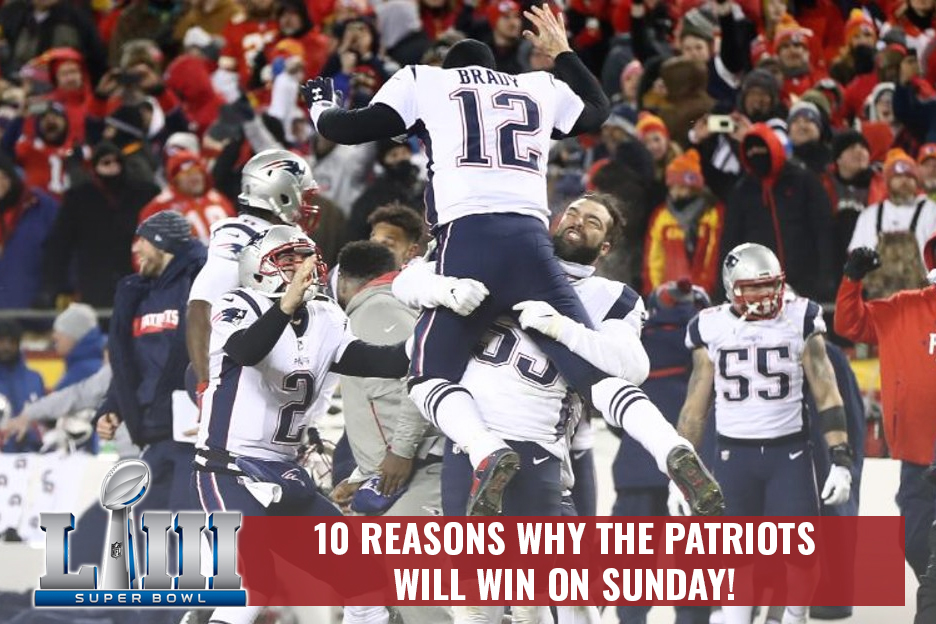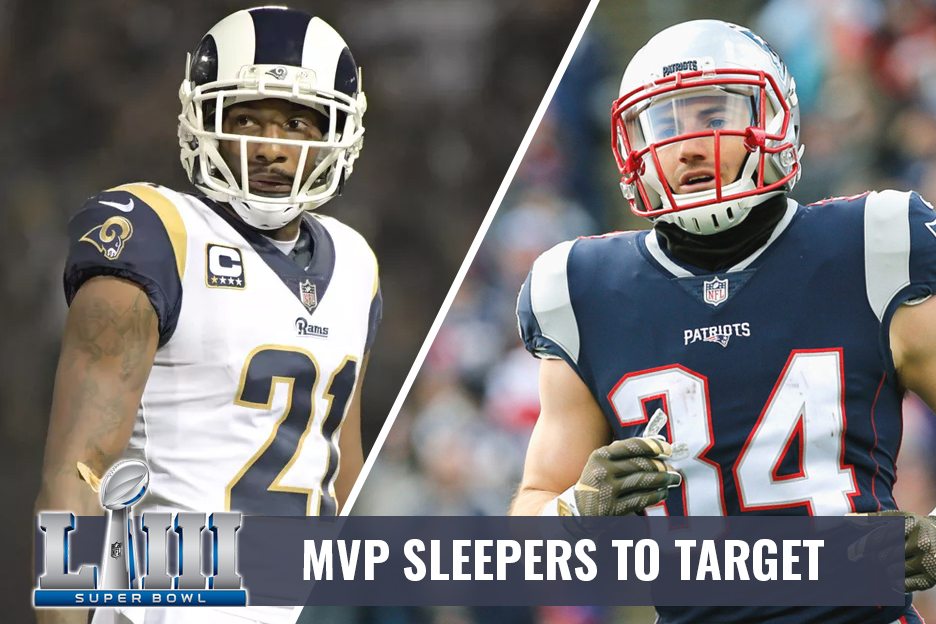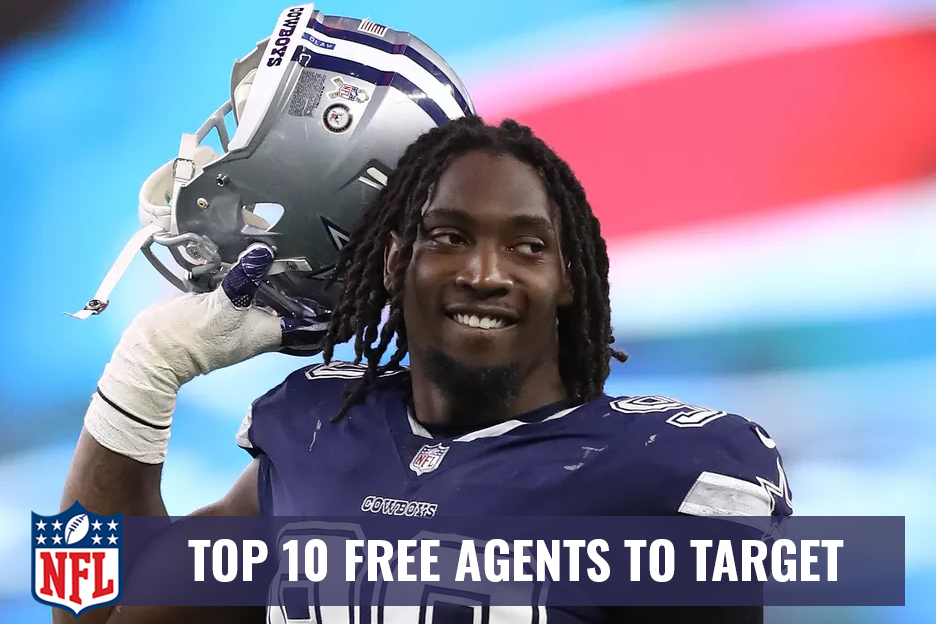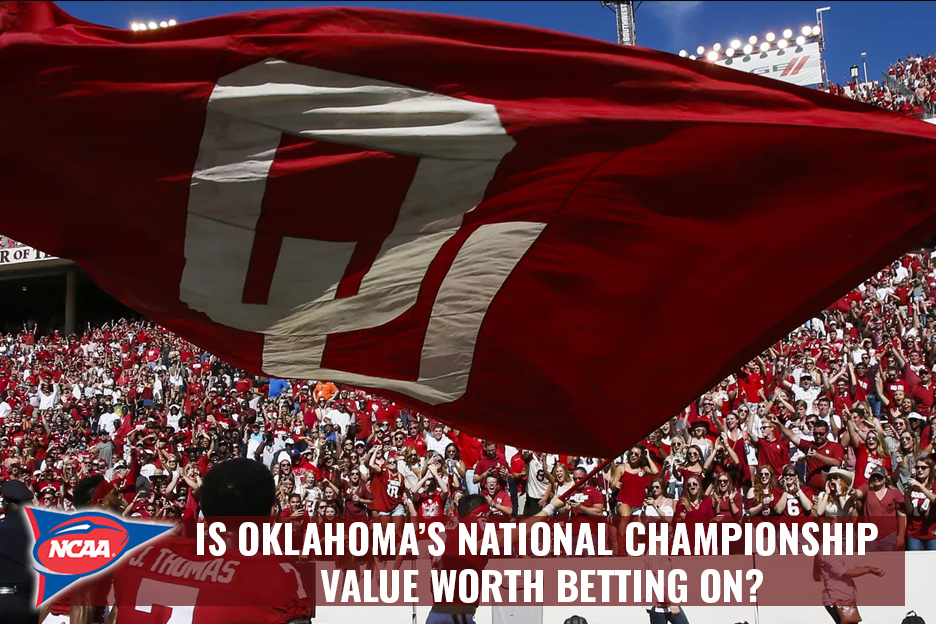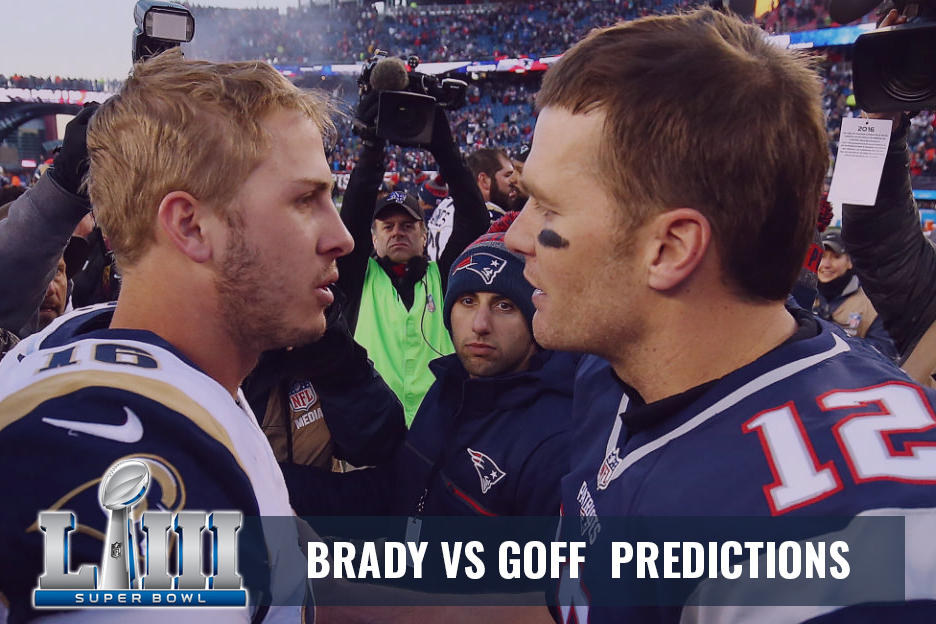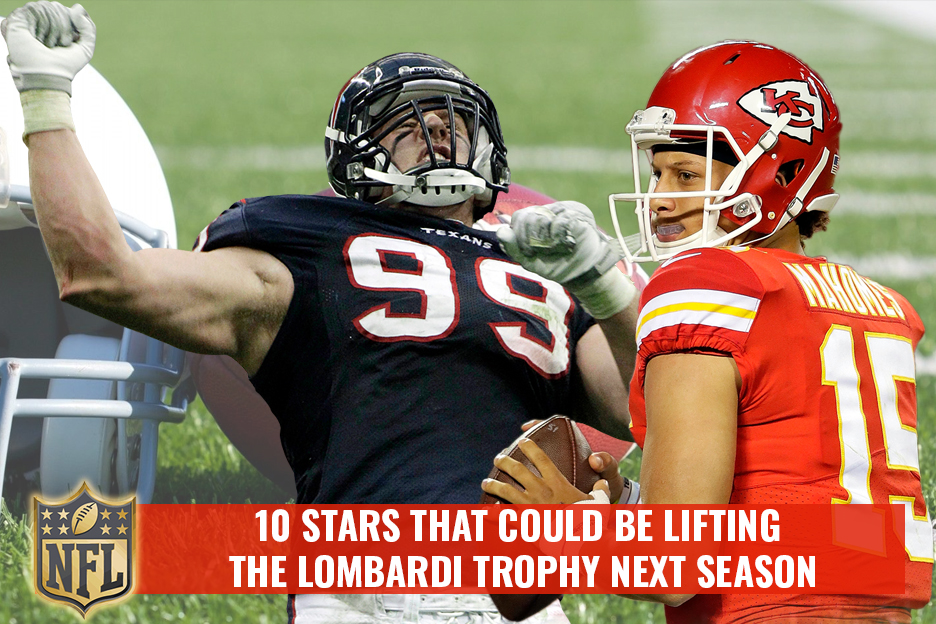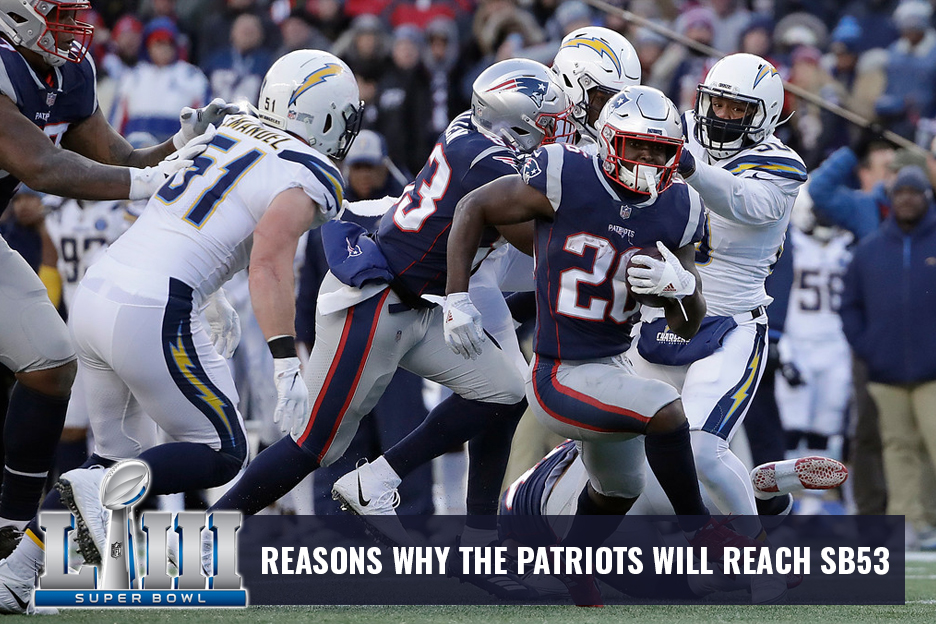

Posted in: General
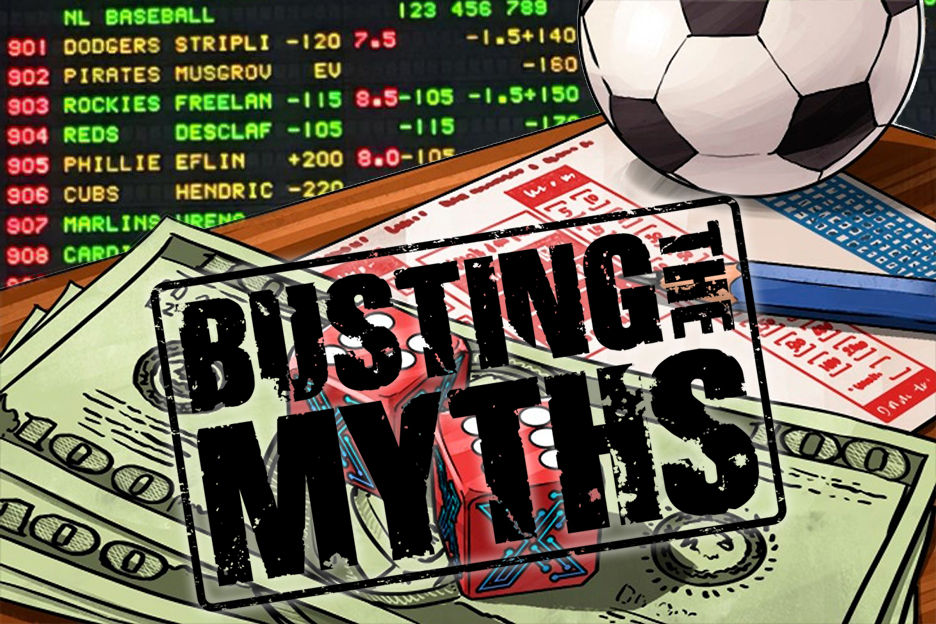
It’s only been two months since the United States Supreme Court changed the nation’s sports betting landscape, but my what a two months it has been.
When the Court issued its landmark 6-3 ruling in the case of NCAA v. Murphy – which concerned New Jersey’s right to legalize sports betting on the state level – everything changed in an instant. New Jersey had long sought to regulate sportsbooks within its existing casinos and racetracks, but the NCAA and the four major professional leagues (NFL, MLB, NBA, and NHL) banded together to block the Garden State via lawsuit.
That suit eventually reached the Supreme Court, where the leagues argued that New Jersey’s efforts violated a federal law known as the Professional and Amateur Sports Protection Act (PASPA) of 1992. Also known as the Bradley Act, after former NBA star turned New Jersey Senator Bill Bradley, the PASPA banned single-game sports betting in every state but Nevada.
But in the Court’s majority opinion, written by Justice Samuel Alito, the highest arbiter in America forcefully struck down the PASPA as unconstitutional:
That provision unequivocally dictates what a state legislature may and may not do. And this is true under either our interpretation or that advocated by respondents and the United States.
In either event, state legislatures are put under the direct control of Congress. It is as if federal officers were installed in state legislative chambers and were armed with the authority to stop legislators from voting on any offending proposals.
A more direct affront to state sovereignty is not easy to imagine.
Just like that, the PASPA was rendered obsolete. When the Court ruled the PASPA was in violation of the Tenth Amendment’s anti-commandeering clause – which restricts the federal government from intruding upon state lawmaking – 49 states were officially free to legalize and regulate sports betting.
That ruling was issued on May 14, and in the intervening two months, New Jersey and Delaware have already launched several brick and mortar sportsbooks. Pennsylvania and West Virginia are among the states with post-PASPA laws already on the books, and by the time 2018 comes to a close, up to a dozen states could join Nevada in accepting legal wagers.
And with New Jersey, Delaware, and Pennsylvania having already legalized online gambling, the rise of regulated online sportsbooks in America is fast approaching on the horizon.
That’s a tremendous improvement over the previous period of prohibition, which forced avid punters to place their bets through illegal underground bookies and offshore sportsbook sites. But with potentially millions of new sports bettors out there waiting to get in the game, many will be wading into shark-filled waters with little chance of success.
Sports betting may seem like one of the easier ways to gamble, especially because it’s an inherently skillful endeavor that rewards sharp thinkers. After all, you get to choose the teams based on clearly posted odds, and all previous statistics and data are readily available for research purposes.
Put it this way… a sports bet is a far cry from spinning the slots or looking for lucky numbers on the roulette wheel.
Even so, the sports betting industry is one based on razor-thin margins – both for bookmakers and bettors alike. The very best professionals out there today – the so-called “wiseguys” and “sharps” who earn their living beating the books – only post win rates of 52-54 percent on average.
One reason that explains the pros’ ability to succeed consistently is their breadth of knowledge. Sure, anybody can dive into the numbers and watch game tape until their eyes bleed to become an expert on sports. But rising to the realm of elite sports bettor requires a deeper level of knowledge on the industry itself.
Unless you’re fully aware of the many myths, misconceptions, and mistakes that plague rookie sports bettors, you’ll likely fall short of the breakeven point. To help you avoid that fate, and capitalize on the new era of legal sports betting in America, be sure to avoid the six common fallacies that can befall even the best bettors in the business.
For each entry, you’ll also find a word of advice from the famed basketball bettor Haralobos “Bob” Voulgaris. Like most sports betting wizards, Voulgaris isn’t one for publicity tours and extended interviews, but his story is legendary by now. The mathematically inclined Voulgaris – who you may also know from his hobby playing high-stakes poker at the WSOP and WPT – designed a complex computer algorithm to “crack” NBA game total lines.
When it was all said and done, Voulgaris realized a fatal flaw in the bookmaker’s system. When calculating second half total lines – which are bets based on the combined score of a basketball game’s third and fourth quarters – sportsbooks were simply dividing their full game totals in two. Voulgaris quickly deduced that he could punish the books by betting the Over on second half action, given the fact that close NBA games frequently devolve into foul shooting contests in the final minutes.
As players piled up points in “garbage time,” Voulgaris’ insight and clever thinking allowed him to beat the books for untold millions of dollars. Eventually, that run came to an end when the bookmaker’s corrected their calculations and adjusted, but Voulgaris is still recognized as the most successful sports bettor on the planet.
With that in mind, you’ll be well-served to follow his advice as it pertains to avoiding the six myths, misconceptions, and mistakes described below:
He was very, very superstitious. He would have dreams, with, like, numbers and colors in them, and that would influence him.
“Don’t write ‘degenerate.’ He was an ‘unsuccessful’ gambler.”
Stroll into any sportsbook on the Las Vegas Strip and you’ll invariably see the same scene play out over and over again.
A tourist walks in excitedly, takes a quick glance up at the betting board, and immediately heads to the counter to place a bet. Often, these bettors will simply back their hometown team – look for the ballcaps and jerseys for a dead giveaway – or maybe the league’s hottest team at that particular moment in time.
Whichever side they bet on, however, these folks all have one thing in common – they’re relying on feel rather than research.
That’s the same mistake Voulgaris’ father made, and while his son blossomed into a world-class bettor, the elder almost wagered his family into the poor house on more than one occasion.
The problem with betting along with your gut, instead of going with cold, hard data, is so deceptive you may not notice it at first. Given the binary nature of most sports bets – one team wins and another loses, the total goes Over or Under, etc. – you’ll have a relatively good shot of winning any gut-based bet.
This is especially true when both sides are fairly evenly matched. When you’re backing a +110 underdog against a (-110) favorite – or vice-versa for that matter – the wager is essentially a coin flip, as the odds reflect. And of course, coin flips come down in your favor half of the time, so every day sees thousands of bettors walk away winners on their feel bets.
And once you’ve caught the winning bug, it can be oh so easy to trick yourself into thinking that score came from your smarts alone – rather than luck and random chance.
That familiar scene described earlier usually ends in the same way. The tourist, flush with cash and confidence from winning their first bet – heads back to the sportsbook looking for a second score. This time though, they get greedy and make three bets rather than the one they had planned.
And hey, why not right? These players already “proved” they can bet and win, so using the same scattershot strategy seems like a great idea.
By night’s end, however, three randomly chosen teams all fall by the wayside, leaving the tourist down a chunk of change.
The best bettors don’t give a damn about favorite teams, star players, or primetime games. Instead, they take the time needed to properly research the day’s schedule, circling prime opportunities when they arise and skipping over marginal wagers.
The second part of that all too common sportsbook scene goes like this. You’re standing around minding your own business, when a stranger wearing rumpled clothes suddenly sidles up alongside.
This spiel can be delivered in any number of ways, by any number of classic gambler archetypes. You may be talking to a dapper, well-dressed man who looks and sounds like Frank Sinatra. Or maybe a woman with her nose buried in assorted betting slips and tickets. One time – and this is a story sworn to be true – yours’ truly was given betting advice from an octogenarian wearing nothing but boxer shorts below the waist.
These characters are a dime a dozen at any sportsbook in Sin City – and soon to be several states from coast to coast.
For rookie bettors, hearing what seems to be experienced veterans of the game offer free advice is an “opportunity” that feels too good to pass up.
But as Voulgaris warns, these fixtures on the sportsbook floor aren’t geniuses – they’re degenerates. You can head to your favorite bet shop in January or July, and the same bettor will be there blathering on about their latest hot tip.
In many cases, those offering advice aren’t even betting any longer, as they’ve long since tapped out their bankroll chasing bad tips. They stick around though, like roaches that refuse to die, hoping to get a rookie to place a bet based on their supposed wisdom. From there, they get to live vicariously though you while sweating the action.
If they lose, no matter at all, as they didn’t bet a dime. And if they win, don’t be surprised when they start shaking you down for a tip of their own.
But even a bettor who has a bankroll to burn doesn’t necessarily deserve a spot on your shoulder. Just because they’re at the sportsbook regularly – using the lingo and interacting casually with the staff – doesn’t mean they know a lick about winning consistently.
Remember the old maxim that says “those who don’t know, tell; and those who do know, never reveal their secrets.” If somebody claims to have a lock that can’t be beaten, wish them well and move on to the real research to find your own plays.
Those were three coaches I had nailed perfectly. I knew exactly what they were going to do.
I mean, it was a joke, it was so easy.
When Voulgaris was in the midst of his famous multimillion dollar run, you might assume he was avidly tracking certain NBA players to find his leans. The NBA is a star-driven league, and as Lebron James has proven time and time again, having a truly elite player on the roster is a true game-changer.
But as he revealed in a sprawling ESPN interview, Voulgaris focused his supercomputer brain on the tendency of NBA coaches.
By learning how Eddie Jordan, Jerry Sloan, and Byron Scott approached the management of late-half and late-game situations, Voulgaris was able to predict how their teams would fare in crunch time.
Just ask anybody who bet on the Kansas City Chiefs to beat – or at least cover the spread – against the New England Patriots in the 2016 NFL Playoffs. The score was 27-13 with 6:29 left in the fourth quarter when Reid watched his offense take the field. While 31 other coaches in the league would’ve opted for a no-huddle offense, or at least a hurry-up approach, Reid let his team huddle up before every play on their final drive.
That drive did produce a touchdown to narrow the margin, but Reid’s atrocious clock management meant more than five minutes had been drained off the clock. The Pats won 27-20 and the Chiefs never touched the ball again.
Of course, Reid’s blunder is an extreme example of how coaching can impact the game, but proves a larger point. Many games are decided by pre-planning, in-game adjustments, and sideline leadership.
As a bettor, it’s your job to know just as much about those factors as you do player stats and injury news.
I learned that if you didn’t have an edge on something you weren’t going to win. I learned that if you didn’t moderate your temperament and think rationally, no matter how big your edge was you probably aren’t going to win long-term
And also I learned that in life you have to be willing to take risks because quite often the biggest gamble of all is just sitting around waiting for the perfect opportunity that may not ever come.
As a new bettor, you’ll often be tempted to take sizable risks. These are the big longshots offering juicy underdog odds, or maybe even a parlay that can turn $100 into $1,000 with just a few winners.
And for the most part, this approach isn’t sustainable. If you’re looking to beat the house by betting parlays and big dogs, you’ll face a steep uphill climb toward profitability.
With that said, Voulgaris makes a great point when he recounts his father’s ability to shoot for the moon. While those plays won’t always work, or even work most of the time, taking the occasional longshot is part and parcel of a winning sports bettor’s strategy.
For Voulgaris, that longshot was a 6.5 to 1 ticket on the L.A. Lakers to win the NBA title. The year was 2000, and while the Lakers did have Shaq and Kobe in the fold, they were coming off a second-round playoff exit the year before.
Voulgaris liked the look of their star-studded roster though, and he pounced on the 6.5 to 1 futures bet by risking his $70,000 life’s savings. Six months later, the Lakers were down 15 points in Game 7 of the Western Conference Finals and all appeared lost – when a fourth-quarter surge for the ages sent them through to the Finals. Six games and four wins over the Indiana Pacers later, and Voulgaris turned his $70,000 risk into a $455,000 reward.
If we’re wrong, we lose money. If we’re right, we make money.
This misconception manages to snag millions of gamblers, not just sports bettors, every single year.
All it takes is a hot week where you cash more winners than losers, and suddenly, you feel like an expert a la Voulgaris. The thrill of risking your hard earned money on a bet, then watching it cash in, and then repeating that cycle a few times in short order is indescribable. Beating the house is notoriously hard, but there you are, doing just that.
Until you’re not.
Streaks are so-named for a reason, and even if you win 10 consecutive bets, it doesn’t mean a thing when your long-term chances are concerned.
Winning now should never be an excuse to place more bets than usual, up the stakes, or chase exotic wagers. Simply count your blessings and be ready for the next day’s slate of action – because if you aren’t, that streak will be cut short before you know it.
On a final note, with daily fantasy sports (DFS) now legal across most of the country, many bettors can confuse that industry with standard sports betting.
You may excel at DFS and be terrible at sports betting, or the other way around. In any event, believing your success at one endeavor means you can beat the other consistently is a fool’s errand.
As Voulgaris shrewdly observes, DFS contests are a far cry from sports betting. Those contests offer pros an inordinate advantage, as they’re competing directly against amateur players.
Sports betting, on the other hand, is a straight contest between you and the house. Keep this crucial difference in mind the next time you’re debating between a DFS session or a night spent at the sportsbook.
Becoming a winning sports bettor is hard. Learn how to spot common myths like the ones listed on this page and it can help you win more.
